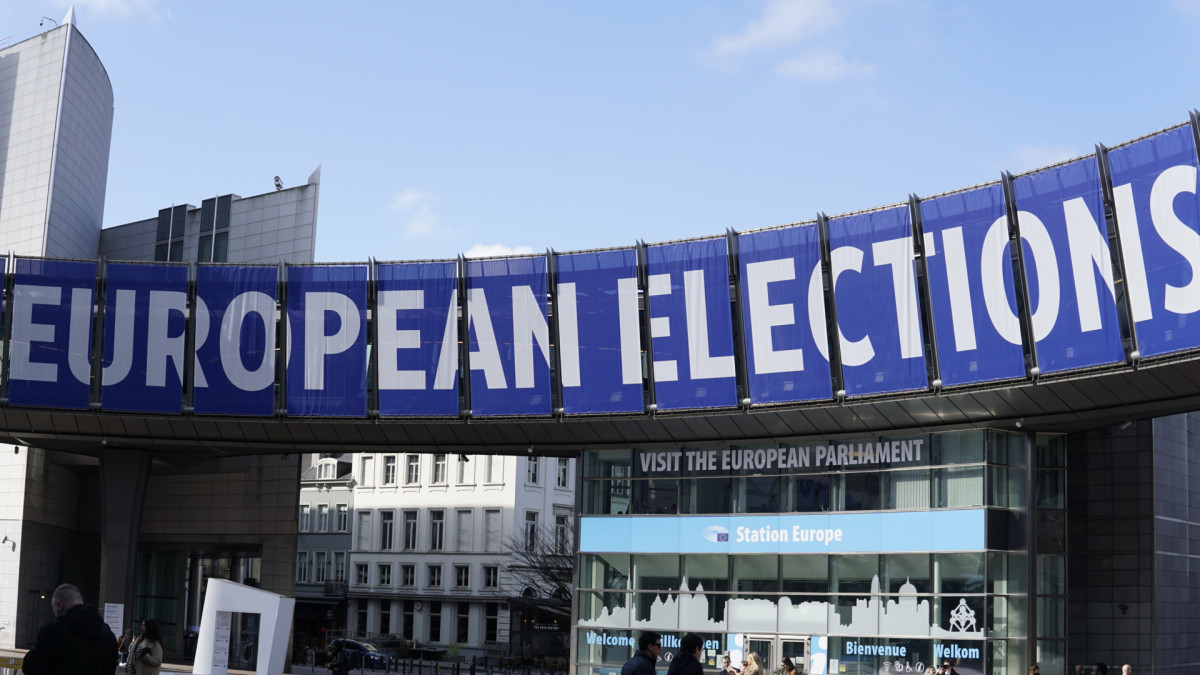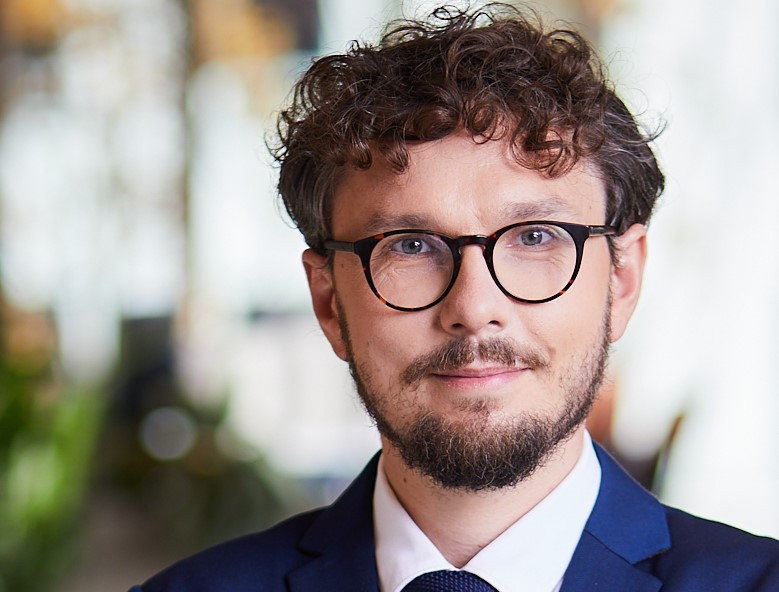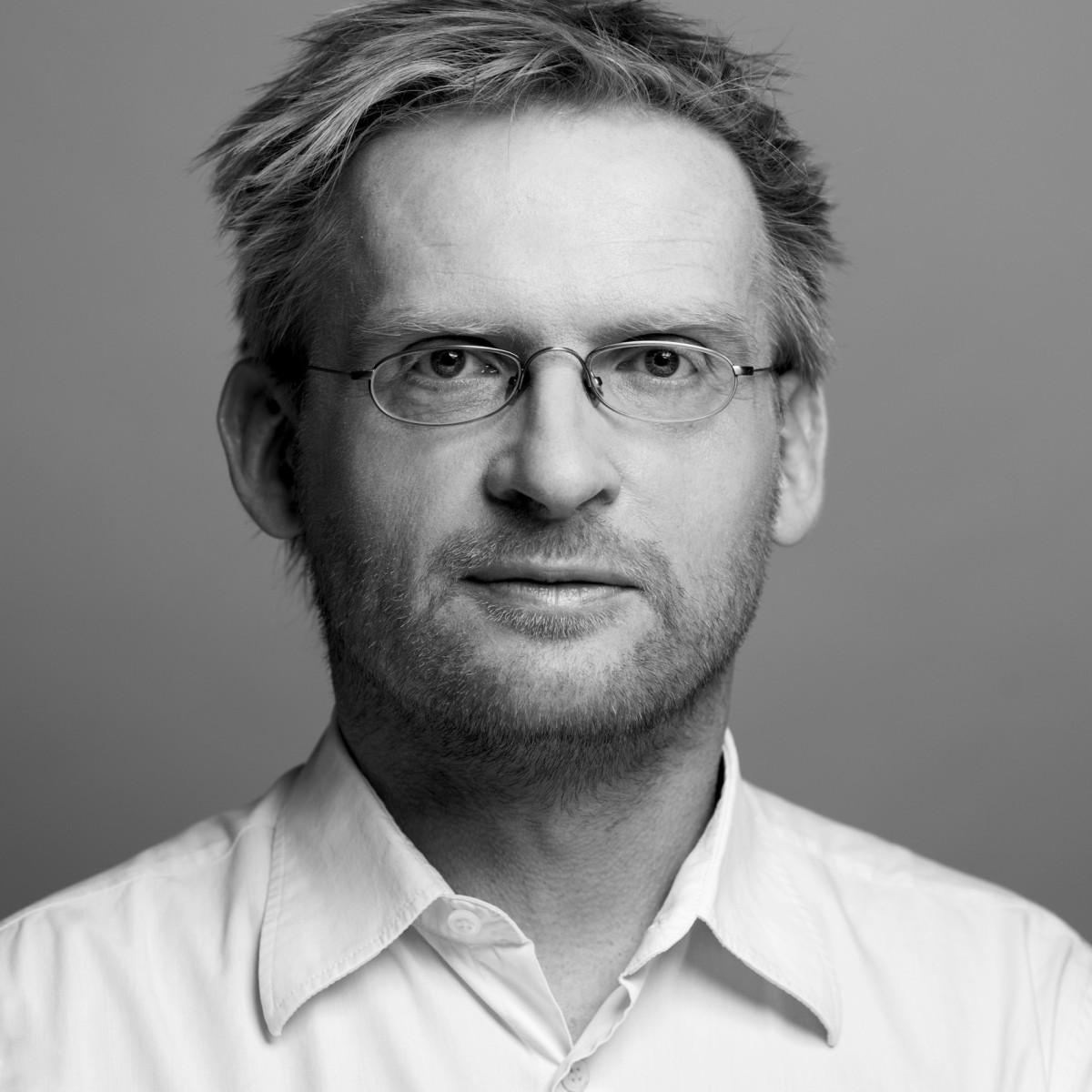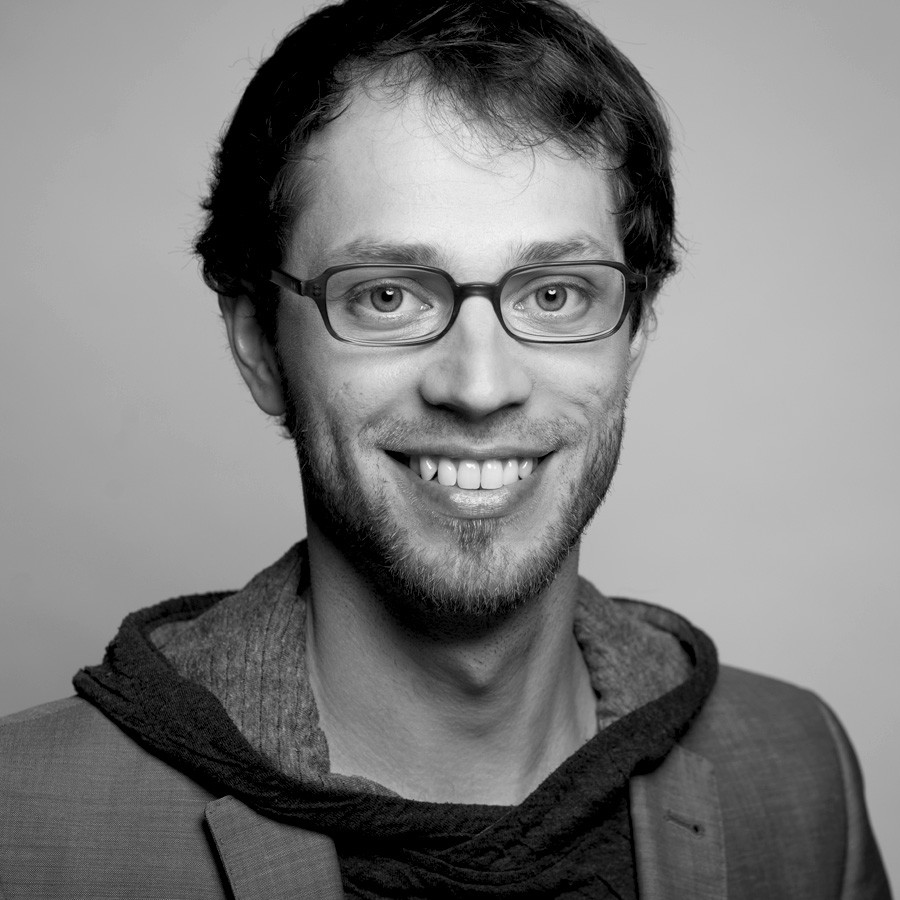CLEW Masterclass: Getting the story right – populists' impact on climate action in the EU
Right-wing populist parties opposing strong climate action are gaining support in many EU countries and are expected to score well in the European Parliament elections in June. This has prompted a raft of articles in recent months about the threat that these parties pose to ambitious climate efforts both at the EU level and in member states. However, much of the reporting has focused on a supposed broad climate backlash among voters, which populists aim to exploit. How these parties actually influence policies and action has received less attention.
CLEW, together with journalists from across the EU, is taking a close look at the impact populists have had on efforts to move societies towards a climate-friendly future. The package Populists in power: A challenge for ambitious EU climate policy contains interviews with experts shedding a light on how European populists exploit a divide in climate opinions between cities and the countryside and how climate policies centred on social justice counter far-right populist strategies.
We drew on our journalism network to receive pitches from colleagues across Europe who aim to tell their national stories. They have found that the fear of ousted populists could be enough to stall climate policy in Poland, and that EU rules limit populists’ damage to climate action in Spain, and that farmers’ interests are the clear focus as populists enter the government in the Netherlands.
During the masterclass, writers and editors will discuss the findings of their research and share ideas about how to cover the role that right-wing populist parties play in Europe’s climate struggle. We will also open the floor for a peer-to-peer discussion about experiences in reporting on this shift in different countries, and what lessons we can all learn from each other.
Journalists attending the session will learn about:
-
What approach to take when reporting on how populists affect climate action in Europe
-
The best sources for this topic
-
What pitfalls journalists should avoid
-
Which stories are worth investigating in more detail
AGENDA
|
16.00 - 16.05 |
Welcome and opening remarks By Julian Wettengel, CLEW |
|
16.05 - 16.15 |
Right-wing populists – Climate action opponents by nature? By Toralf Staud, journalist in Germany |
|
16.15 - 16.25 |
Lessons from reporting about climate policy in Hungary By Nikoletta Nagy, journalist in Hungary |
|
16.25 - 16.35 |
Lessons from Poland – New government, more ambition? By Patryk Strzałkowski, journalist in Poland |
|
16.35 - 17.00 |
Q&A; Open Discussion |
SPEAKERS
Nikoletta Nagy is a science journalist at Hungarian media Telex specialising in topics of climate change, medical biology and disinformation. She has a degree in online journalism from the Budapest School of Communication and Business. She is an International Journalism Programme fellow of 2020, part of the editorial council of FPEE Science+ and a member of the CLEW Journalism Network.
Julian Wettengel has been a correspondent for Clean Energy Wire since 2016. He focuses on EU climate and energy policy, international climate negotiations and the role of gas in the energy transition. He edited large parts of the dossier Populists in power: A challenge for ambitious EU climate policy.
FREQUENTLY ASKED QUESTIONS
Please click on the red "Sign up"-Button and fill in the necessary information. Remember to confirm your sign up via the automatic email you receive from us (it could land in your spam folder).
Signing up is possible until 2 hours prior to the web event.
No, the web-event will be off the record.
No, the event won't be recorded.
The web-event language is English.
Sound quality is greatly improved by using headsets with a microphone. It is recommended that all active participants equip themselves accordingly (smartphone headsets are sufficient).





